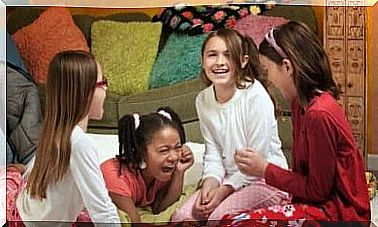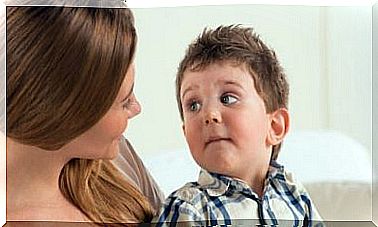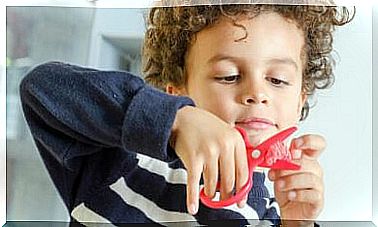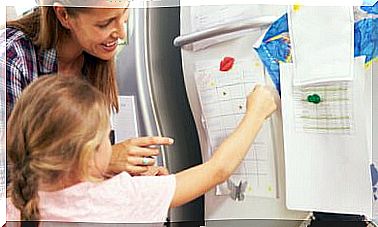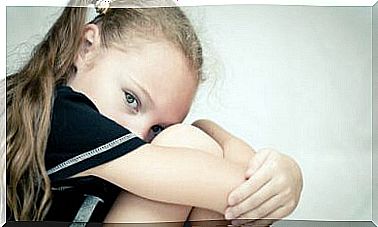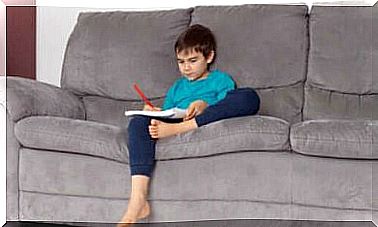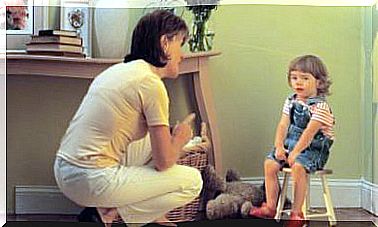3 Tips For Dealing With Impulsive Children
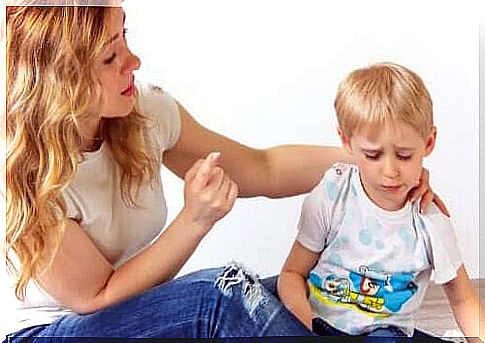
Let’s put ourselves in the following situation. Imagine a child is playing marbles with a friend. Just when she sees that she’s going to lose, she kicks out to destroy the place where the game is played, gets angry, cries, screams or storms out. Do you think this is a way of acting that we could define as impulsive children?
The answer is yes. In fact, these and many other data we’ll look at next allow us to detect an impulsive child. That way, we can work on this issue so that the little one is calmer and better reflect on their actions and reactions.
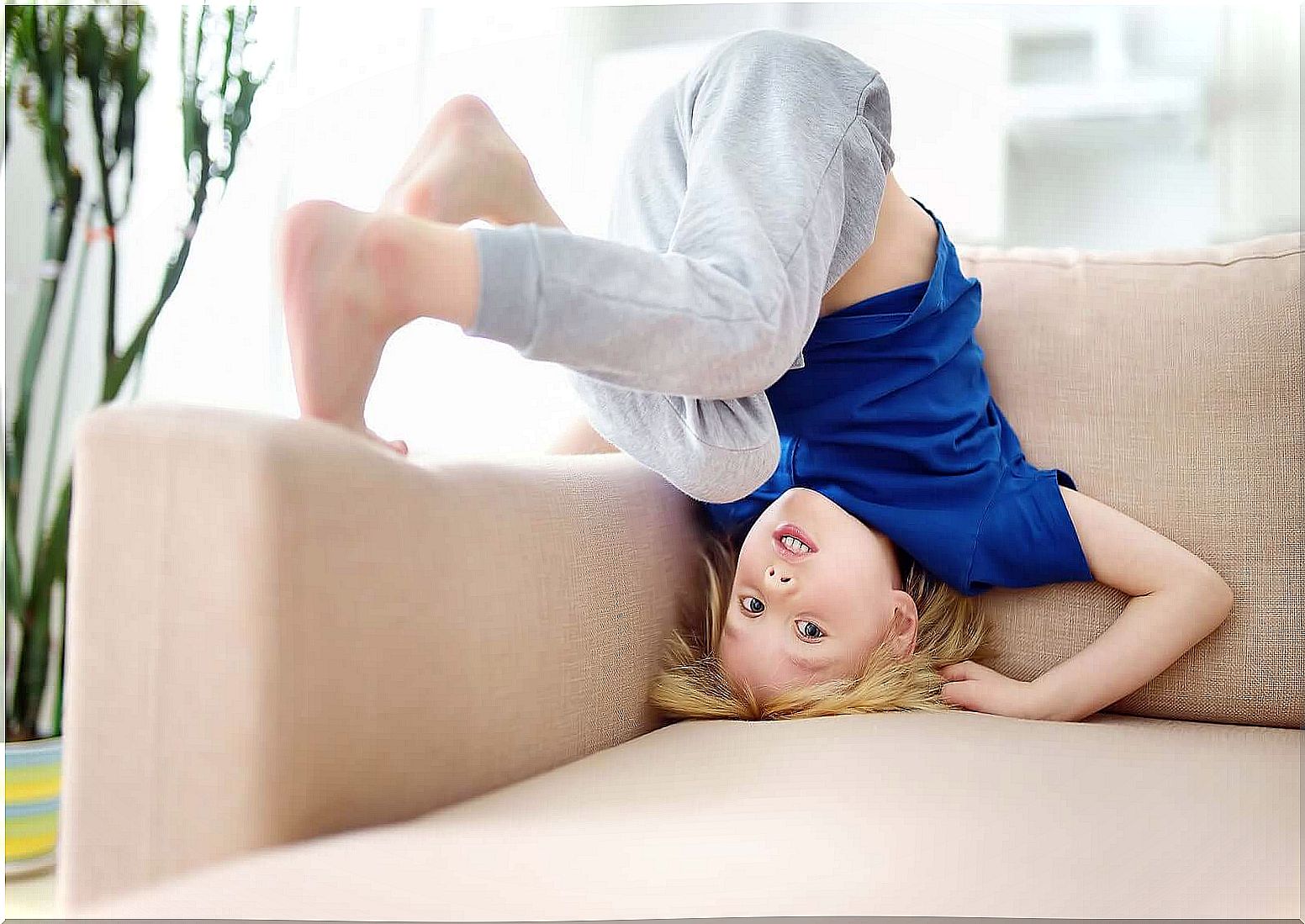
What characterizes impulsive children?
According to experts such as Bob Cunningham, from EdM, impulsiveness is characteristic of a child’s temperament as well as an adult’s personality. Furthermore, it is and will always be present to a greater or lesser degree in human beings, since it is not something new.
In fact, impulsivity, stress and even anxiety should not always be seen as negative characteristics. These are evolutionary factors of the human species that emerged in its adaptation to the environment and, if well used, can be very positive for survival.
However, if impulsiveness manifests itself constantly, it can end up becoming a problem for living together. Therefore, before this characteristic changes or affects the life of an entire family, it is interesting for parents, educators and professionals to seek the best solution.
So, the first step is always to detect the problem. In this case, impulsive children tend to have very specific characteristics that we can clearly observe:
- Always act before thinking.
- They answer even before they hear the question.
- They find it difficult to wait their turn during games.
- They cannot stand defeat. They are bad losers.
- They disturb others and interrupt them constantly.
- Show little tolerance for frustration.
- They don’t have self-control.
- They almost always disobey.
- They have a very negative attitude.
- Although they recognize their problem, they have no self-control and are repeat offenders.
- They do not assess the consequences of their actions in any case, neither socially nor physically.
- They have very strong and uncontrolled tantrums.
How to help?
Helping impulsive and highly temperamental children is not always easy, but it is necessary. The sooner you act, the faster problems can be resolved, which is beneficial for the little one as well as the whole family.
We must always be firm
We already talked about this. Impulsive children have little self-control. In fact, it is very common for them to regret after acting. However, we must make it clear that these children cannot control themselves. They feel a real difficulty for this.
As parents, teachers or educators, we must be firm. It is true that this is exhausting, but we should not be discouraged. We have to keep the rules and guidelines, talking to them as much as necessary and always being very clear, patient and consistent.
If we get discouraged, scream, or lose control, not only will it make it difficult to help, it can also make the little one worse or manipulate us. This can happen if the child notices that we are not sure and that we are hesitating if they feel that they can benefit from it.
We must always act calmly
Even in situations of extreme impulsiveness, with insults, tantrums and aggressions, the adult has to make an effort to remain calm. In fact, it is at these times that he should be most calm and serene.
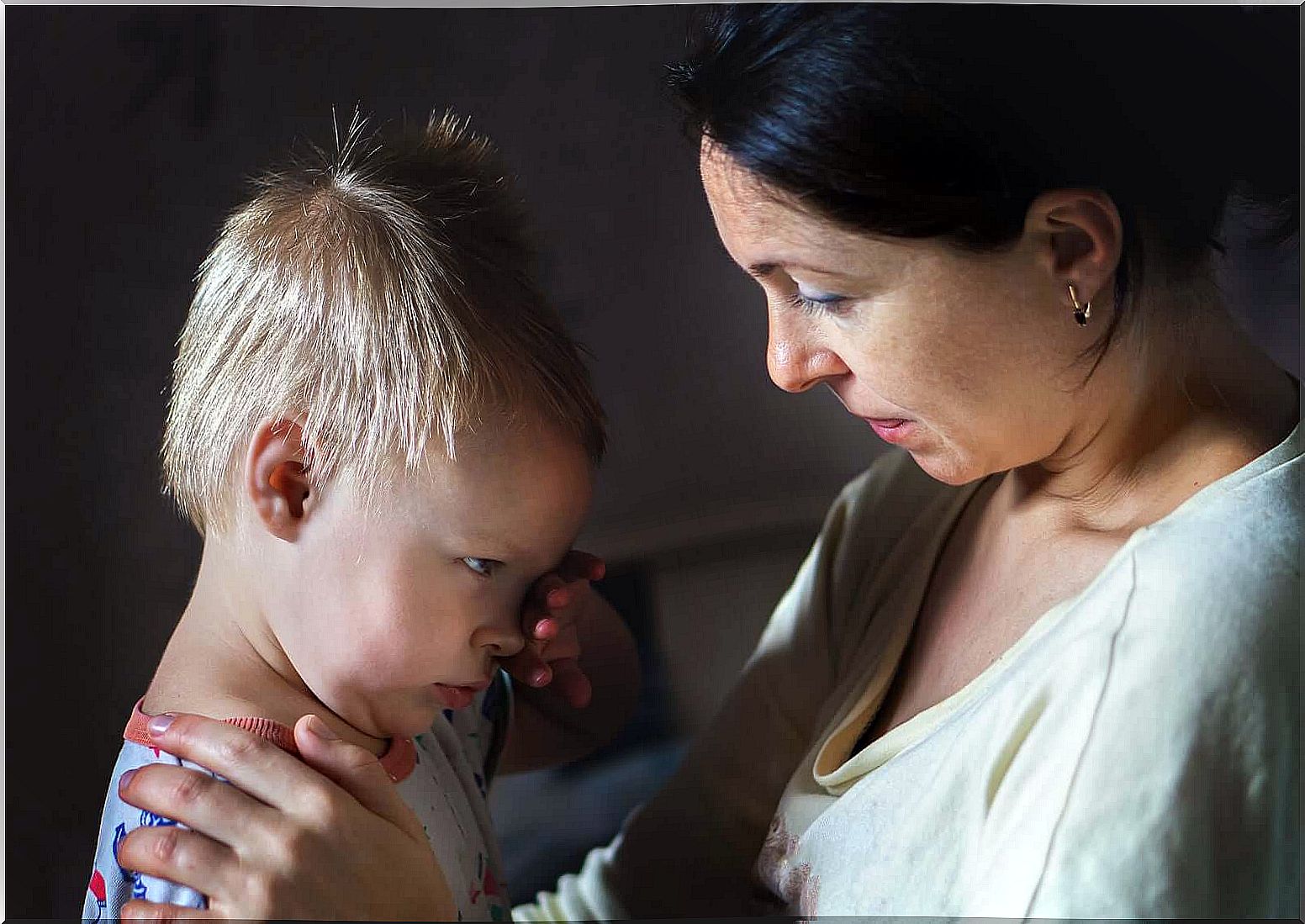
However, this serenity must be accompanied by decisive and forceful behavior. This is how we can convey to the child that he will not reach his goal through this attitude.
Give an explanation for impulsive children
Once the child has calmed down, the adult should talk to him in a calm and sensible way. At this point, the reason for your behavior and the need to not continue with this impulsive behavior that will not lead to anything positive should be explained.
If the child has insulted or hit another child, for example, it is necessary for him to understand the importance of apologizing, to understand that his behavior was not appropriate and that acting in this way has very negative consequences for him.
In summary, the actions always have consequences. If a child acts impulsively, he must understand that this is not the best way to proceed. If with these tips we are not able to make her calm down and think before doing things, maybe we are facing a more serious problem and, therefore, it is advisable to seek a child psychology professional.
